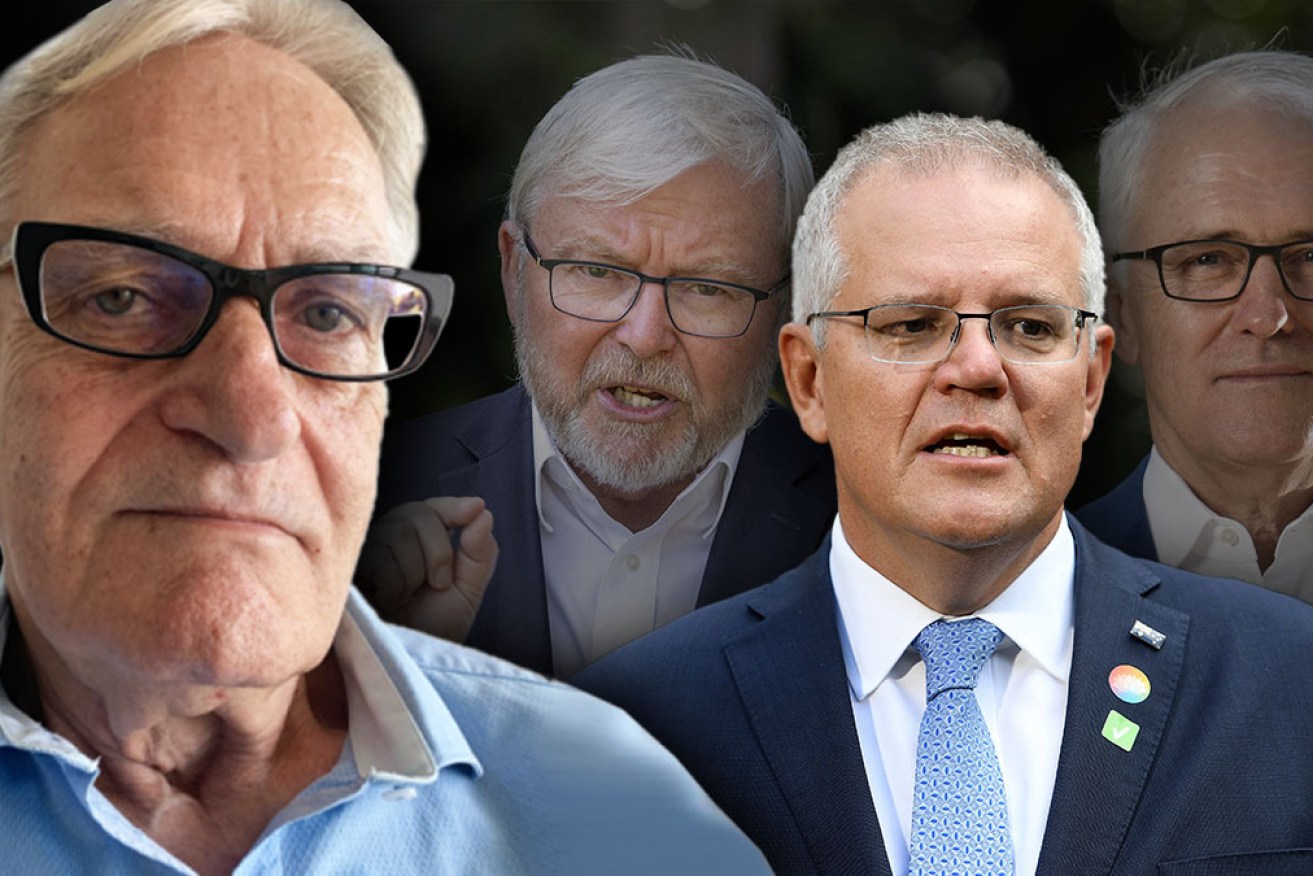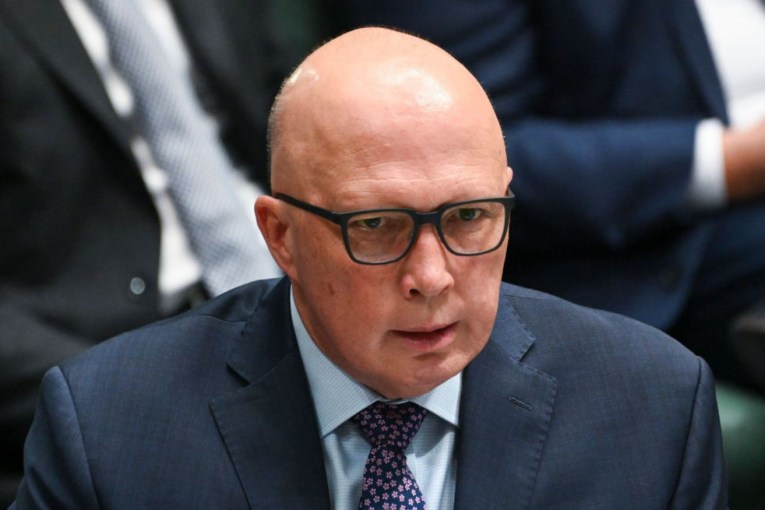Dennis Atkins: Why Scott Morrison would be crazy not to call an election as soon as possible


Scott Morrison is too transactional, too calculating and too opportunistic not to chance an early election.
Politics is measured in numbers and lists – the latter covering glory and shame. Dates of times when an election victory was on offer but passed by through neglect, stupidity or arrogance are chiselled into the histories of all parties.
Two recent examples of golden opportunities passed by stand out. Kevin Rudd should have called an election in late January, 2010, grabbing a path to victory using the twice rejected carbon reduction legislation as a trigger.
Rudd would have headed off the crisis his own leadership was facing, caught Tony Abbott and the Coalition unready and most likely won quite easily.
How different history would have been.
Five years on, Malcolm Turnbull missed an opportunity to go to the polls just weeks after he snatched the Liberal leadership from Tony Abbott justifying the move by claiming he needed a fresh mandate of his own.

Malcolm Turnbull made a mistake by not going to the polls after snatching the leadership from Tony Abbott.
Turnbull would have surfed a wave of voter support and no doubt increased his party’s parliamentary lead. Instead he was reduced to a single seat majority because he waited until mid-2016.
Again history would have played out very differently.
Now Scott Morrison faces an opportunity some think he’s tempted to miss. However, the very nature of his being suggests not.
He is too transactional, too calculating and too opportunistic. He’s not encumbered by belief, conviction, or even pragmatism when he doesn’t need it. He is driven by politics and self. In his self-absorbed mind, one plus one equals Scott.
Politicians, journalists and those around the ridges of public affairs started talking about an “early election” during the third quarter of last year.
It was obvious any politician managing the coronavirus passably well was scoring kudos from the public. Approval and performance ratings were between the mid-60s and, for one or two premiers, close to 90 percent.
There were some risks in how the economic climb out or up might take shape, especially when the massive support for individuals and businesses are withdrawn from next month. Also, the global economy is always an unknown.

Morrison can call an election on or after August 7.
Morrison would be crazy not to seize an obvious opportunity and plan for an election at the earliest date available – which for the House of Representatives and half the Senate would be one called on or after August 7, 2021.
It might be a bit later because there are redistributions in Western Australia and Victoria to be finalised – the former being of greater importance because the Liberals can expect an extra seat in that already lop-sided state.
There was even some crazy talk about Morrison using the (still) possible defeat of part of his industrial legislation to push for a double dissolution poll in May or June this year.
That would be truly crazy brave and seemed totally unlikely – until mini-Trumpist Craig Kelly drove his clown car out of the Liberal Party and set up a hydroxychloroquine lemonade stand down the hall. It still seems too nutty for anyone not taking strong drink before 9am.
This political playbook plan ran without much push back. Morrison would offer he was a “full-termer” but no one took him seriously.
Then the counter spin was cranked hard. Morrison backgrounded senior journalists; he was in no mood to have an election this year, letting it be known it “just wasn’t going to happen”.
This week, Morrison and Treasurer Josh Frydenberg were at it again, letting slip a story that there would be “two budgets” before Australia went to the polls. This would place the next election in the first half of 2022.

Are Morrison and Frydenberg really banking on ‘two budgets’ before the next poll? Unlikely. Photo: AAP
The detailed briefing suggested Morrison would repeat his winning tactic of 2019 when he brought the Budget forward to early April and had a poll in the third week of May. Of course, that “winning tactic” was never a winning tactic until it was – at the time it was seen by everyone but Morrison and a couple of diehard fans as a march to defeat.
This all seems very emphatic. Should Morrison be believed? Is there an explanation for this frenetic and eagerly swallowed briefing? Well, to go straight to the short version: no and yes.
Morrison should not be believed because he has an unfailing record as a serial liar – a prime ministerial fibber in the class of Billy McMahon. He has an ability to convince himself that his truth is the only truth, even when every piece of evidence says otherwise.
The explanation is quite simple too. In January and February, qualitative research by both Liberal and Labor campaign teams has turned up a very strong antipathy toward any suggestion of an early election, especially if it looks like taking advantage of how well the government has handled the pandemic.
To dampen down these negative sentiments, the government took the standard rinse, spin and repeat route. It didn’t work in early February so they’ve added a new layer of palaver this week.
Some unknown, mind-freezing event could make an election in late 2021 untenable. However, without that kind of political black swan, Morrison will find going to the polls before Christmas too tempting to resist.
He won’t want to be the next Kevin Rudd or Malcolm Turnbull.








